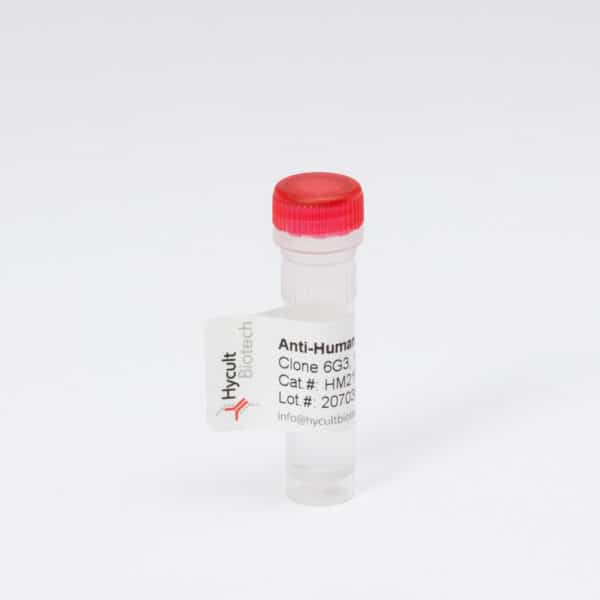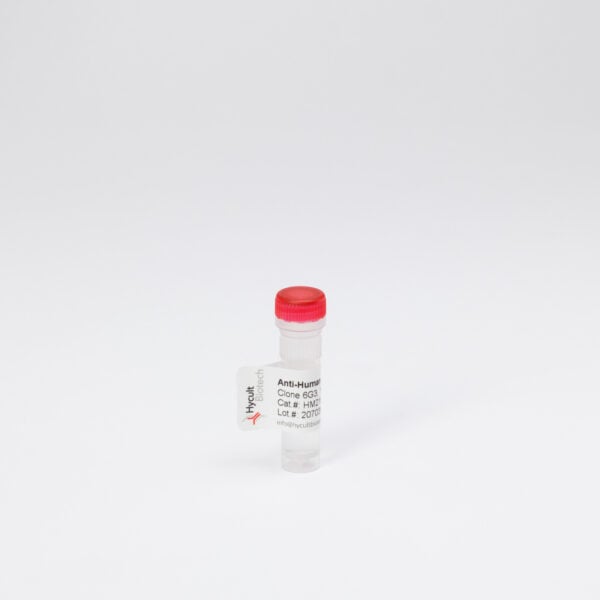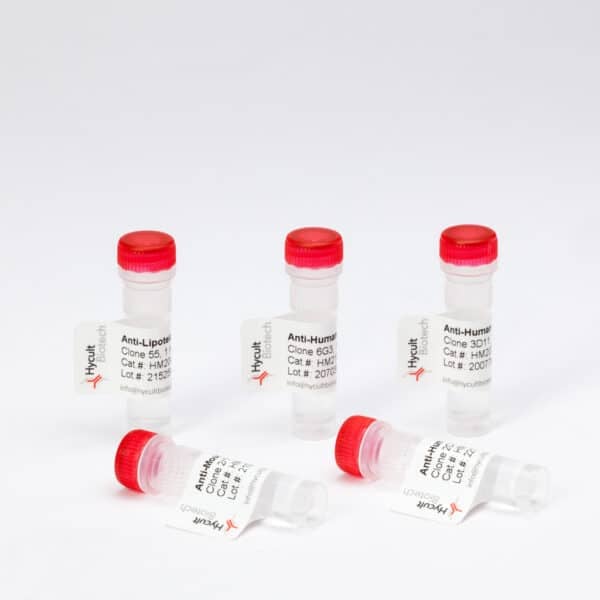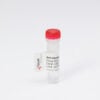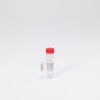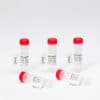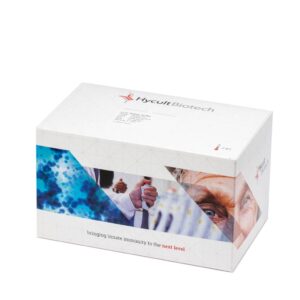CNF1, mAb NG8
€133.00 – €456.00
The monoclonal antibody NG8 is specific for Cytotoxic necrotizing factor type 1 (CNF1) of uropathogenic Escherichia coli. CNF1 and CNF2 belong to a family of bacterial toxins that target the small GTP-binding Rho proteins that regulate the actin cytoskeleton. Members of this toxin family typically inactivate Rho; however, CNF1 and the highly related CNF2 activate Rho by deamidation. CNF1 is more frequently associated with E.coli strains that cause extraintestitinal infections in humans, particularly those of the urinary tract (such as cystitis, pyelonephritis and prostatitis). In CNF1-producing uropathogenic E. coli strains, CNF1 is chromosomally encoded and typically resides on a pathogenicity island that also contains hemolysin and P fimbria- related genes. Both CNF1 and the highly related, plasmid-encoded CNF2 are monomeric, cytoplasmic toxins of approximately 115 kDa. CNF1 can be structurally organized into three functional domains the N-terminal, central and the C-terminal domain. The latter exhibits the catalytic activity of the toxin. Monoclonal antibody NG8 recognizes an epitope between amino acids 704 and 730 of the C-terminal enzymatic domain. NG8 specifically neutralizes CNF1 while lacking activity for CNF2.
You may be interested in…
-
View product €1,450.00
